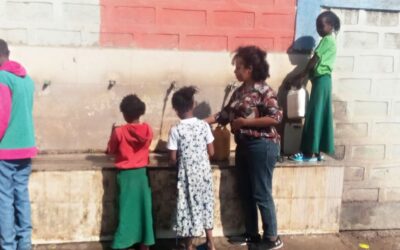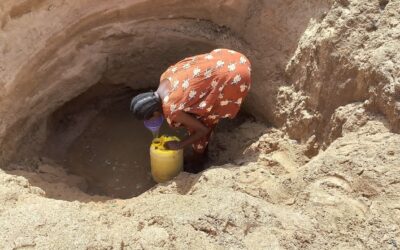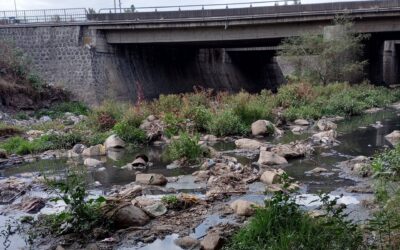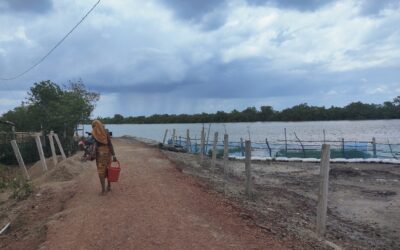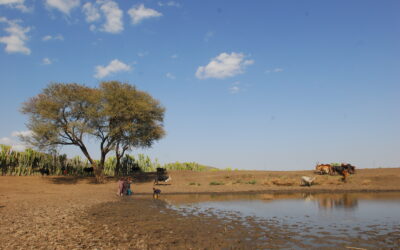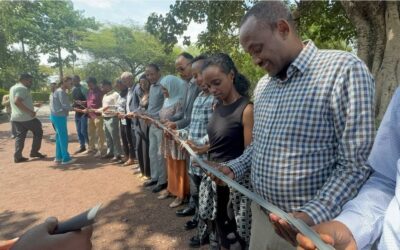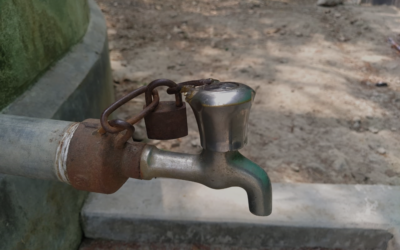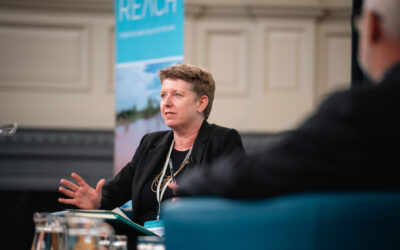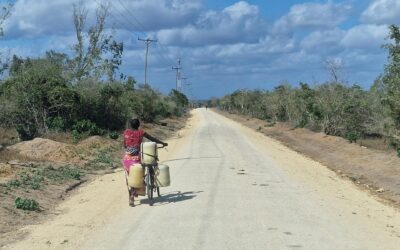Keyword search
Categories
Factories and Household Water Insecurity: Navigating the Trade-offs in Ethiopia's Upper Awash Basin
January 14, 2025
“…what kind of a man are you that cannot even provide water on the table?” Unpacking the gendered nature of water conflicts at the household level in arid and semi-arid lands in Kenya
November 19, 2024
How the lack of inclusive waterpoints creates challenges for vulnerable people in coastal Bangladesh
August 27, 2024
Revitalizing Stakeholder Engagement Strategies to Redress Water Security Challenges in Ethiopia
August 14, 2024
Potable water insecurity: Health concerns of the marginalised population in southwest coastal Bangladesh
May 9, 2024


